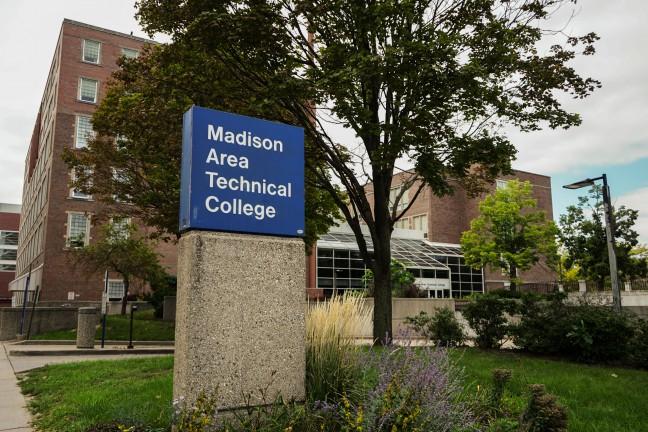It is quite an oddity for students, colleges, Democrats, Republicans and the president of the United States to all agree on anything. However, that's exactly what happened regarding the issue of Pell grants.
Introduced by U.S. Rep. Steve Kagen, D-Wis., the bill seeks to make Pell grants more accessible and less expensive. Mr. Kagen told The Badger Herald last week the reasons for these changes include helping today's students "to compete in the global world." He adds, "A higher education will benefit your family, community, state and country." Using these criteria, one can determine whether the bill achieves what it was created for.
This policy is an investment that would hopefully benefit both students and the nation. However, such an investment will have results contrary to its original intent. While this may seem counterintuitive, investment in schooling could produce unfavorable results for students and the country as a whole.
The investment itself is the increased funding to Pell grants, allowing more students to receive federal loans, in turn ensuring that more Pell grant students will complete college. Though this could result in more graduates, it could also mean more dropouts as well.
After high school, possible college students face the prospect of a less expensive and more accessible schooling experience. Therefore, when deciding whether or not to attend school, marginal students will find a college education relatively attractive compared to immediate participation in the workforce. In this situation, deciding to attend college is easier, yet the college workload will remain just as difficult. Because of this, some people who should have entered the workforce will opt for more schooling, but find that they are ill-prepared for the college experience.
As a result, education will actually become harmful to these people's careers. For someone who does not have credentials based on schooling, experience is everything. Students who drop out of college when they realize the investment is a bad one have lost the opportunity to establish themselves in careers. This bill could cause many individuals to spend time in college only accruing debt, despite the fact that they would have been better off working the job they would have eventually gotten. This bill favors one type of learning — college education — yet ignores the great amount of learning that comes from workforce experience.
Likewise, even those who succeed may face grim prospects. By making it easier to go to school, the government has made it cheaper to produce graduates. This will result in a larger number of graduates competing in the market. More people applying for the same jobs will drive wages down and unemployment up. Mr. Kagen will help bring these graduates into the global market, but the competition will be much more cutthroat as a result.
This is not to say the bill won't help anyone; it's just that the help it provides is trivial at best.
The bill allows graduates to save $4,000 on repayment of grants, but this assistance only comes to those whose income allows for repayment of student loans. Those who are the most financially successful receive some of the greatest financial benefits of the bill. Others can have their loans entirely forgiven if their wages are low enough and their career involves "public service." However, the fact that some cannot pay back the loans suggests the increase in Pell grants is still not enough to financially sustain prospective students, despite the extra leg up.
Furthermore, despite the fact that Mr. Kagen's office says the bill can be enacted "without raising taxes," such provisions suggest that at some point in the future someone will be left to foot the bill for this fruitless investment.
It is important not to be too disappointed. After all, the bill will make it easier for many students to buy a couple extra rounds at the bar this weekend. As an investment, though, the only ones who stand to truly profit are those politicians who traded one vote on a bill for thousands of student votes on a ballot. If they are truly seeking to help students, their methods need to be changed.
John Schwendel ([email protected]) is a senior majoring in economics.







